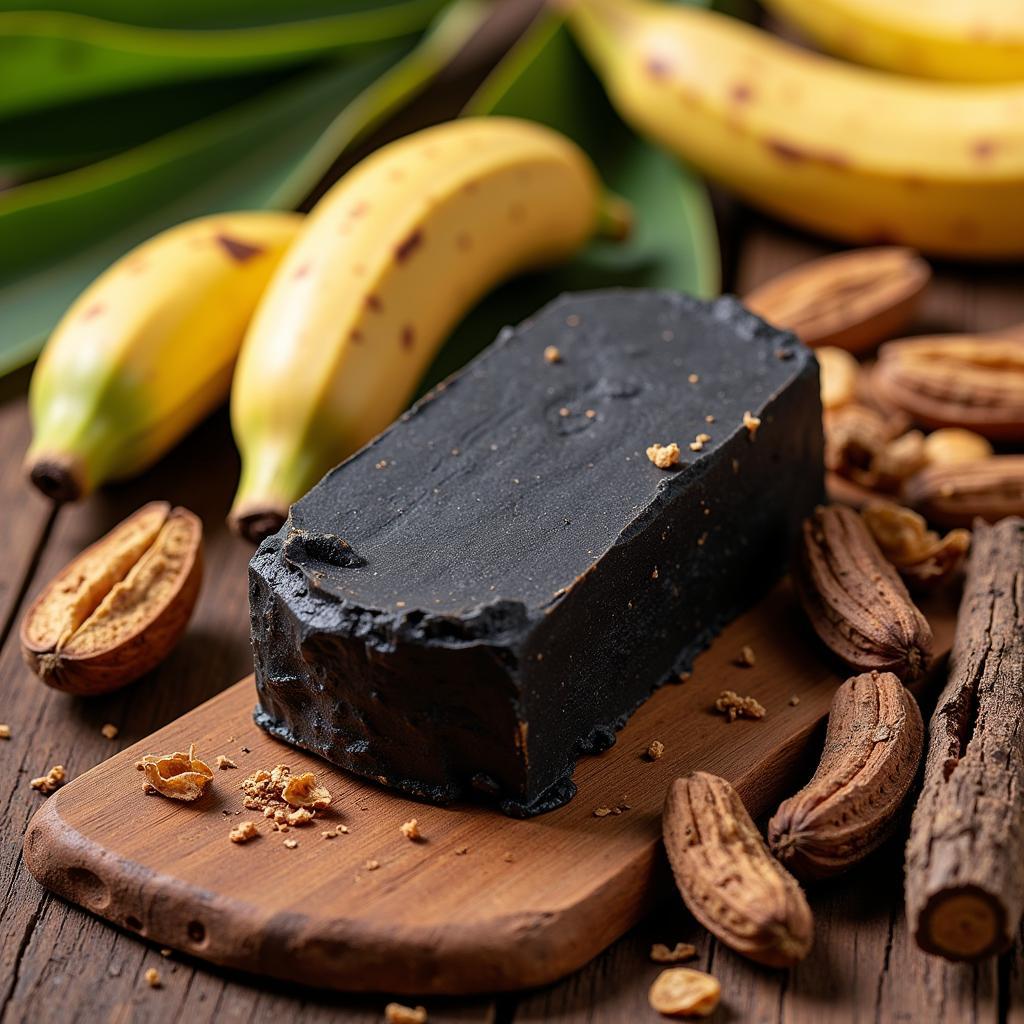African Male: Exploring Masculinity, Culture, and Identity
The African Male is a complex and multifaceted figure, shaped by centuries of history, cultural influences, and evolving societal norms. From their role in traditional societies to their impact on contemporary art, music, and politics, African men have left an undeniable mark on the world. This article delves into the diverse aspects of African masculinity, exploring the rich tapestry of cultural practices, social expectations, and personal experiences that define this dynamic demographic.
The African Male in Traditional Societies
Historically, African societies have placed a significant emphasis on the role of men as protectors, providers, and leaders. Traditional values often emphasized strength, resilience, and a deep connection to the land. These values were often reflected in coming-of-age rituals, which marked the transition from boyhood to manhood and instilled essential skills for survival and leadership.
“The African male is not simply defined by his physical strength, but by his wisdom, his ability to navigate the complexities of life, and his commitment to the well-being of his community.” – Chief Olusegun, Traditional Leader, Nigeria
Furthermore, family structures played a critical role in shaping the identity of the African male. In many communities, men were expected to be responsible for the economic well-being of their families, often assuming roles as farmers, traders, or artisans. The importance of lineage and ancestry also instilled a strong sense of responsibility and duty towards their families and extended communities.
Modern Masculinity: Challenges and Transformations
As African societies have undergone rapid modernization, traditional notions of masculinity have been challenged and redefined. The rise of urbanization, globalization, and new economic opportunities have brought about shifts in social roles and expectations. While some traditional values remain strong, modern African men are navigating a complex landscape of cultural influences, economic pressures, and evolving social norms.
Challenges for Modern African Men:
- Economic Pressure: Rapid urbanization and unemployment have created economic challenges for many men, forcing them to grapple with the pressures of providing for their families.
- Gender Equality: The increasing push for gender equality has challenged traditional gender roles and prompted discussions about shared responsibilities and domestic contributions.
- Violence and Conflict: In many African countries, conflict and violence continue to affect the lives of men, exposing them to trauma, displacement, and loss.
- Health Disparities: African men often face higher rates of certain health problems, such as HIV/AIDS, malaria, and tuberculosis. Access to healthcare and education remains a challenge in some areas.
Celebrating African Masculinity: Art, Music, and Culture
Despite these challenges, African men continue to demonstrate resilience, creativity, and a profound connection to their cultural heritage. Their contributions to art, music, and culture have shaped global trends and inspired generations.
Expressions of African Masculinity in Contemporary Culture:
- Music: From the rhythmic sounds of traditional drumming to the global influence of Afrobeat, African music reflects the energy, passion, and cultural identity of African men.
- Art: Traditional African art, characterized by intricate masks, sculptures, and textiles, often embodies themes of strength, wisdom, and connection to nature.
- Literature: African writers have explored the complexities of African masculinity through novels, poetry, and drama, shedding light on the experiences of men in modern society.
Understanding the African Male: A Global Perspective
The African male is not a monolithic entity. Diversity reigns within the continent, and there are vast differences in cultural practices, social expectations, and personal experiences. Understanding these differences is crucial for fostering dialogue, promoting inclusion, and recognizing the richness and complexity of African masculinity.
FAQ
Q: How does the role of African men differ across different regions of the continent?
A: The role of African men varies considerably depending on the region, cultural background, and societal context. Traditional practices, economic structures, and historical influences all contribute to shaping the experiences and expectations of men in different communities.
Q: What are some of the challenges facing African men in terms of education and employment?
A: Access to education and employment opportunities remains a challenge for many African men, particularly in rural areas. Poverty, limited infrastructure, and gender disparities in education can hinder their ability to access opportunities.
Q: How is African masculinity changing in the 21st century?
A: African masculinity is undergoing a process of transformation as societies grapple with globalization, urbanization, and the rise of gender equality movements. Modern African men are navigating a complex landscape of traditional values and new social norms.
Q: What role can African men play in promoting peace and development on the continent?
A: African men can play a vital role in promoting peace and development by actively engaging in dialogue, advocating for non-violent conflict resolution, and participating in initiatives that address issues such as poverty, education, and healthcare.
Q: Where can I learn more about the experiences of African men?
A: You can explore the experiences of African men by reading contemporary African literature, watching documentaries, and engaging with online resources that focus on African cultures and identities.
Conclusion
The African male is a figure of resilience, strength, and cultural richness. By understanding the complexities of their experiences, we can appreciate the unique contributions they have made to the world and continue to build bridges of understanding and collaboration.

